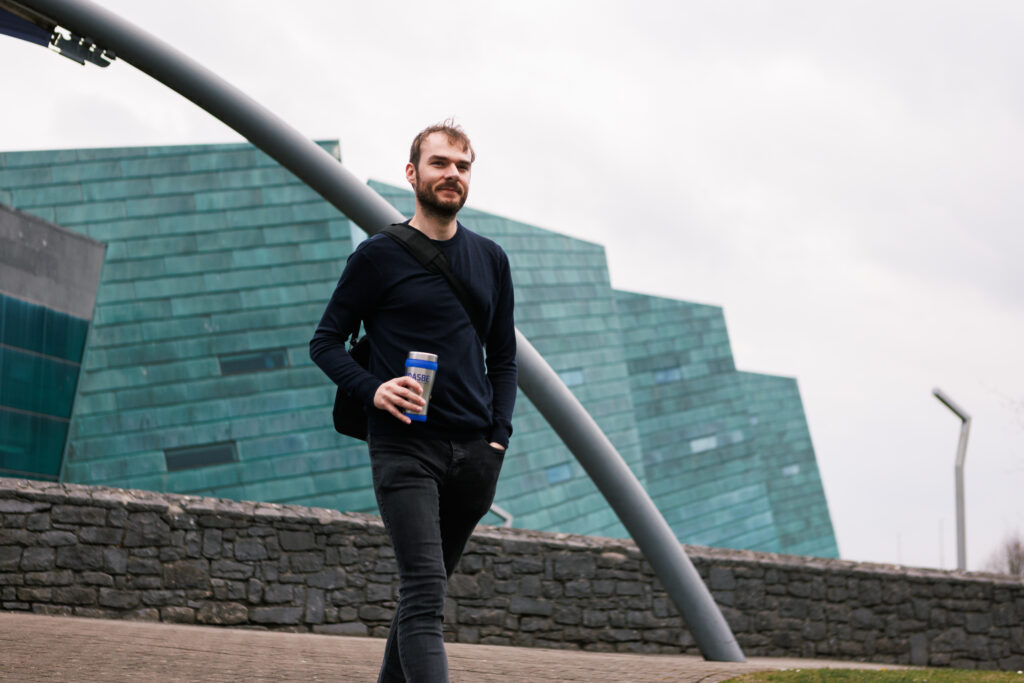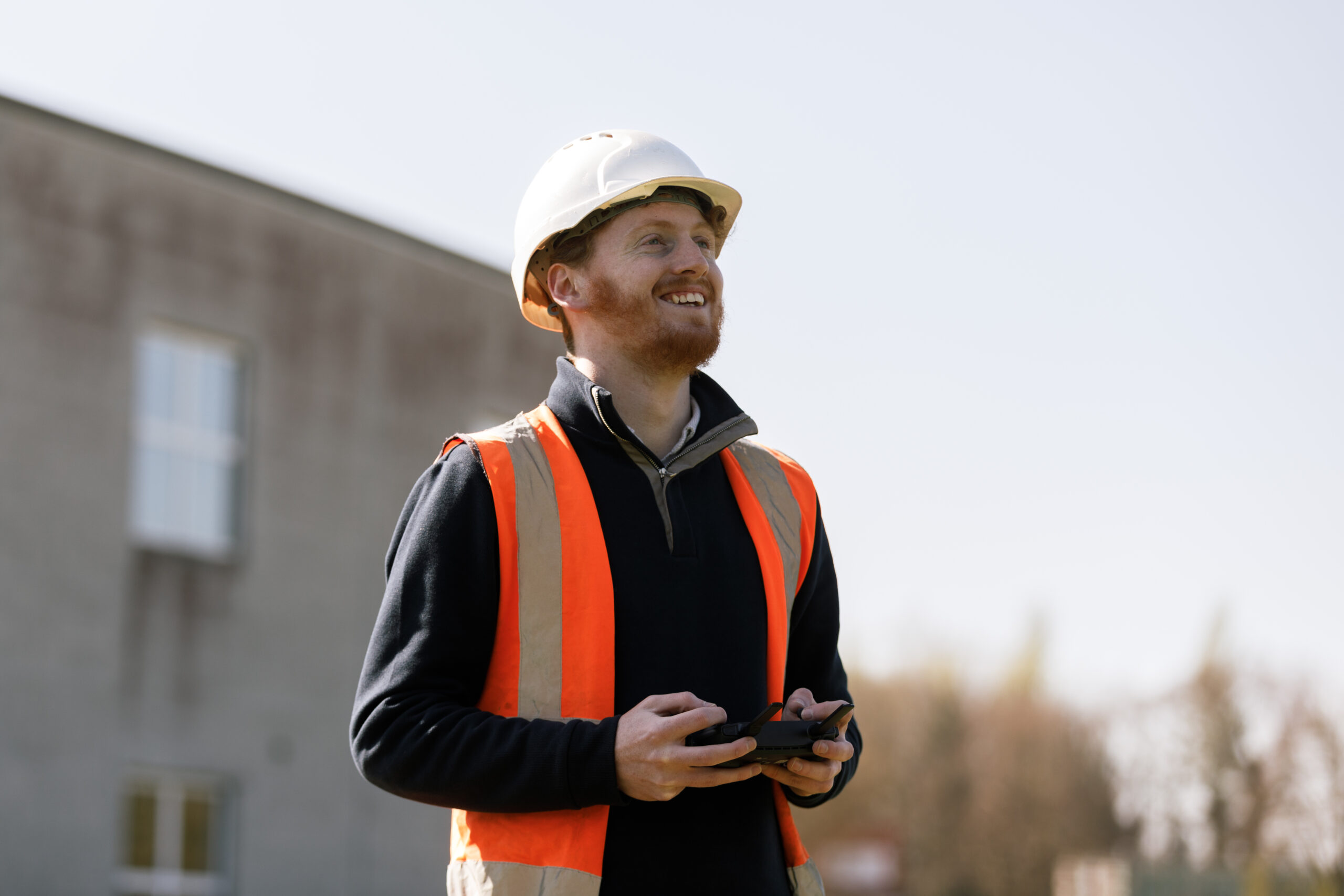Commercial partnership
As Ireland’s construction landscape evolves, industry professionals are turning to DASBE – the Digital Academy for the Sustainable Built Environment – to stay ahead of the curve.
Elisabeth O’Brien, DASBE Manager at the Technological University of the Shannon (TUS), explains:
“The construction sector has seen significant transformation in recent years, and the pace of change shows no sign of slowing. Upskilling is no longer optional – it is essential. The good news is that you no longer have to commit to long term study. There are accessible, flexible pathways through short courses and micro-credentials designed to fit around your schedule.”
Building skills for a low-carbon future
DASBE is a collaborative initiative delivered by Technological University of the Shannon (TUS), Atlantic Technological University (ATU), the Tipperary Energy Agency, and the Irish Green Building Council, with support from the Higher Education Authority’s Human Capital Initiative. It offers accredited, flexible upskilling to meet the real-world needs of construction workers, tradespeople, and professionals.
With evening online lectures and practical workshops at weekends, it is easier than ever to balance work and learning. The academy’s training is focused on three key pillars shaping the future of construction: Energy Efficiency, the Circular Economy, and Digital Construction.
Adapting to change: Upskilling for compliance and competitiveness
With regulations such as the Energy Performance of Buildings Directive and the national BIM Mandate, staying competitive in the construction sector means staying informed.
DASBE partners have designed programmes tailored to key areas in the built environment. These include upskilling in deep retrofit, whole life carbon assessment, green building tools, the circular economy, traditional building renovation, and Building Information Modelling (BIM) across all competency levels.
What’s next?
This is just a snapshot of what DASBE currently offers. Looking ahead, even more innovative programmes—such as those focused on the decarbonisation of the built environment—are scheduled to launch in September 2025, further supporting the industry’s transition to a sustainable future.
Ferdia Greaney, pictured above, has completed the Certificate in Drones for Construction.
“The flexibility of studying at TUS is great. We had online lectures on Tuesdays from 7pm to 9pm. As lectures were all recorded, you could catch up if you could not make it. The practical sessions took place in Thurles where we learned to fly a drone. The course is benefitting my career in the sense that it’s improving my efficiency. It takes time off jobs for me.”

David Andreu completed the Higher Diploma in Engineering in Building Information Modelling at ATU
David Andreu completed the Higher Diploma in Engineering in Building Information Modelling at ATU. The flexibility of the blended course made it work despite his demanding full-time role.
David is already putting his new skills into practice on the job, having become highly proficient in BIM software tools like Revit and Civil 3D.
“That knowledge is particularly helpful when collaborating with consultants and subcontractors and dealing with the Common Data Environment and BIM Standards”.
Funding for both DASBE programmes and micro-credentials ends in September 2025. So, if you want to ensure a funded spot, make sure to sign up early.
Choose from flexible, blended and online courses designed to fit your schedule. Find out more about September 2025 programmes today.
DASBE is funded by the Higher Education Authority’s HCI Pillar 3, a government programme designed to meet priority skills needs, by increasing collaboration between higher education and enterprise with a focus on innovations in teaching and learning.









